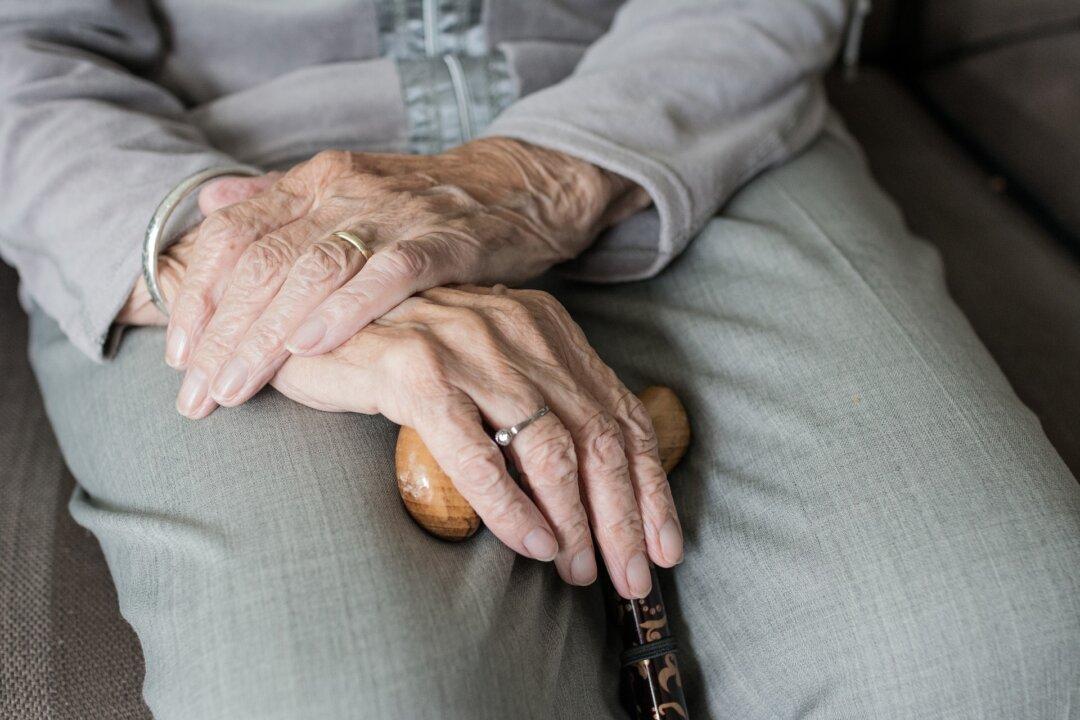A voluntary assisted dying (VAD) bill in Australian state of New South Wales (NSW) will go through parliamentary inquiries.
The NSW Legislative Council has begun the first out of three hearings from Wednesday, after a four-day long debate saw the proposed legislation, NSW Voluntary Assisted Dying Bill 2021, passed the lower house 52-32 on Nov. 26.




